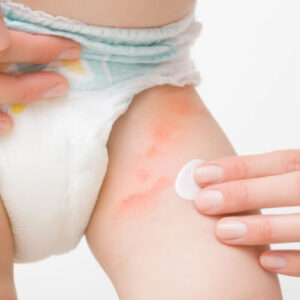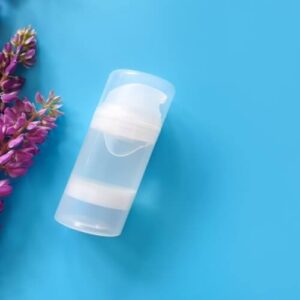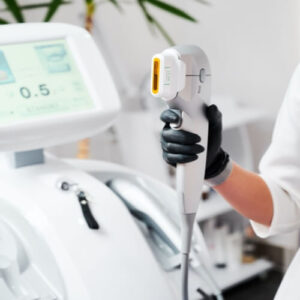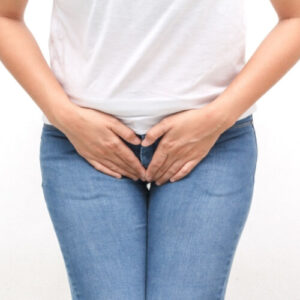How to treat whooping cough and how to prevent it
Whooping cough or whooping cough is a highly contagious respiratory disease that usually affects children more severely than adults. must start at Cough treatment It is too early to reduce the severity of the disease and limit its spread to others, especially in young children, as they are more susceptible to serious complications that could threaten their lives. [1]
Find out in this article about Ways to treat cough Medicines and home remedies, as well as how to prevent whooping cough and the necessary vaccinations.
Cough treatment
usually should Cough treatment for babies stay in the hospital; Because they are more likely to develop complications, such as pneumonia or apnea, and whooping cough can be life-threatening in children younger than 6 months, while whooping cough can be life-threatening. Cough treatment at home for older children and adults in mild cases. [2]
containing Cough treatment the following:
antibiotics
constrict Cough treatment with antibiotics In eliminating the bacteria, antibiotic treatment must be started immediately upon the appearance of the initial symptoms in order to be effective in reducing the severity of the disease. [3]
Starting early treatment with antibiotics also helps in reducing the spread of the infection to others, since the person infected in the early stages of the disease is contagious for up to 3 to 4 weeks from the start of the cough when he does not receive treatment, while using antibiotics contributes to shortening the period of infection to 5 days from the start of treatment. [3]
Macrolides are the first and most effective choice for the treatment of cough, and include: [4] [5]
- Erythromycin
ready Erythromycin The best antibiotic for cough treatment, and it is taken in the following doses:
-
- Whooping cough dose for children: The dose in children is 40 to 50 mg/kg daily in 4 divided doses, and the drug is taken for 14 days.
- Whooping cough dose for adultsThe dose in adults is 1 to 2 grams per day, taken for 14 days.
In mild cases, the duration of treatment for whooping cough in older children and adults may be 7 days.
- Azithromycin
may use Azithromycin Also in the treatment of whooping cough, its dose is 10 mg/kg with a maximum of 500 mg on the first day, and then a daily dose of 5 mg/kg with a maximum of 250 mg for 4 more days.
- Clarithromycin
Clarithromycin also belongs to the macrolide group. The dose is 7.5 mg/kg, with a maximum dose of 500 mg twice a day for 7 days.
It should be noted that azithromycin is preferred for the treatment of cough in newborns two weeks old and younger. [3]
In some cases there may be resistance to macrolides, in which case the doctor may prescribe medication Sulfamethoxazole and trimethoprimHowever, it should not be used before the age of two months. [3] [4]
Treatment of severe cases in the hospital, in addition to antibiotics, may require the use of oxygen in cases of shortness of breath, and intravenous fluids in cases of dehydration, and corticosteroids may be recommended to reduce inflammation and swelling in the respiratory tract. care Breathing problems. [4]
Cough medicine
The use of anti-cough medications, whether cough suppressants or expectorants, is not helpful b Cough treatment; So they are not recommended, but a vaporizer or vaporizer can be used to help loosen the mucus. [4] [6]
Also read: Whooping cough: symptoms and treatment
Cough treatment at home
A few tips may help Cough treatment at home and recover faster, including: [6]
- Rest to improve the body’s power to fight disease.
- Eat several small meals instead of large meals. This may help prevent vomiting caused by severe coughing fits.
- Be sure to stay in a well-ventilated area free of dust, smoke, and other irritants to help calm a cough.
- Drink plenty of fluids to keep your body hydrated and prevent dehydration.
A doctor should be consulted if the cough is severe enough to impede the ability to drink enough water or if symptoms appear in the formsuch as dry lips or lack of urination.
Also read: Home remedies for cough for children and babies
Prevention of whooping cough
Prevention is the best way To treat whooping cough, the ways to prevent whooping cough include: [7]
get the vaccine
more to receive Triple vaccine cellular The best and most effective way to prevent whooping cough in adults and children, and although infection with the disease may give immunity, it is not permanent.
including a regular schedule Pertussis vaccine for children the following:
- 3 basic portions at the age of 2, 4 and 6 months.
- A booster dose between the ages of 15 and 18 months.
- An additional booster dose between the ages of 4 and 6 years.
Adults may need to receive the vaccine in the following cases:
- People who did not receive the vaccine.
- Pregnant women, it is advisable to give Pertussis vaccine for pregnant women during the period from week 27 to week 36 of pregnancy; Protect the baby after birth in the first two months of his life. [8]
Also read:
Preventing colds and flu reduces infections
A review of several numbers is very useful to indicate the importance of talking about certain diseases. For example, let’s look at a number of numbers related to… read more
take antibiotics
Antibiotics are not only used to treat whooping cough, but they may also be recommended to people in contact with the patient to prevent infection, especially: [1]
- Children under one year of age, even without symptoms; Because they are more prone to complications.
- Work in small child care settings, such as day care centers.
- Pregnant women in the last trimester of pregnancy.
Take care of hygiene
There are some tips that help prevent infection and reduce the spread of the disease, including: [1]
- Wash hands with soap and water for at least 20 seconds or use hand sanitizer.
- Cover your mouth and nose with a tissue when you cough or sneeze, then throw the tissue directly into the trash.
- Keep children’s surfaces and toys clean.
- Avoid direct contact with patients.
Also read: Causes cough with chest pain
Is Behcet’s disease hereditary, my husband has been a carrier of the disease since childhood, and my 3-year-old daughter has 4 ulcers in about a month and a half, is there a possibility that she is a genetic carrier of the disease??





